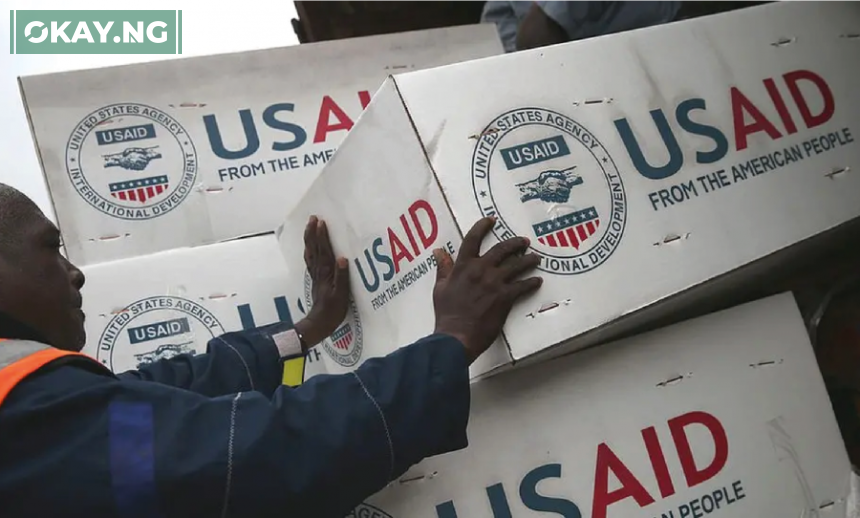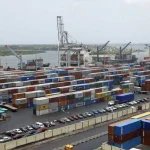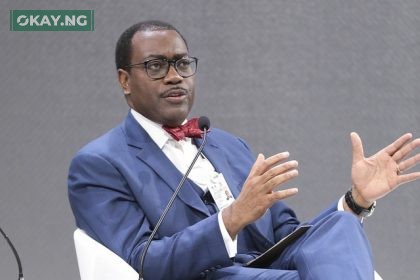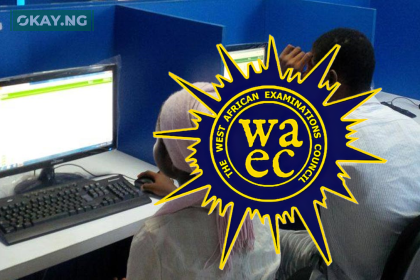A coalition of companies and non-governmental organizations (NGOs) has filed a lawsuit against the Trump administration, alleging that the president’s decision to freeze aid through the United States Agency for International Development (USAID) has jeopardized the lives of hundreds of thousands and left millions of dollars worth of critical health supplies stranded.
The lawsuit, filed on Tuesday, claims that approximately $238 million in health supplies are currently stuck in warehouses and transit, with $150 million sitting in storage and $88.5 million at risk of expiring, being damaged, or being stolen.
According to the lawsuit details, if these medical products are not delivered, as many as 566,000 people, including 215,000 children, could die from HIV/AIDS, malaria, and unmet reproductive health needs. The plaintiffs argue that the administration’s actions are unconstitutional and unlawful, demanding that the court reverse the foreign aid freeze.
Chemonics, a company that runs the Global Health Supply Chain Program, the largest USAID project ever, had $240 million in contractual commitments for medicines and health supplies before the stop-work order. The lawsuit reveals that the administration’s refusal to pay for completed work has placed a severe burden on implementers.
Democracy International, a small business, is owed nearly $3.4 million for work completed before the aid suspension. DAI is awaiting more than $120 million, and Chemonics has about $103.6 million in outstanding invoices for work performed in 2024. USAID has also not paid tens of millions more dollars to other plaintiffs in the lawsuit.
Read Also: Trump’s Trade Tariffs and the African Market: A Looming Economic Storm for Nigeria
The complaint argues that the administration’s “unlawful and unconstitutional exercise of executive power” has “created chaos in the funding and administration” of USAID and other foreign assistance programs, causing “grievous irreparable harm to plaintiffs and other grantees, contractors, and partners.”
The lawsuit names President Donald Trump; Secretary of State Marco Rubio; Peter Marocco, acting USAID deputy administrator for policy and planning; Russell Vought, director of the Office of Management and Budget; USAID; the Department of State; and the Office of Management and Budget as defendants.
“One cannot overstate the impact of that unlawful course of conduct: on businesses large and small forced to shut down their programs and let employees go; on hungry children across the globe who will go without; on populations around the world facing deadly disease; and on our constitutional order,” the complaint says.
The lawsuit presents a detailed timeline of the administration’s actions regarding foreign aid — from the executive order pausing funding during a 90-day review to State Department and USAID directives halting most existing work, and official statements confirming frozen payments.
It argues that these actions exceed the executive branch’s authority and defy congressional funding mandates.
The plaintiffs ask the court to unfreeze foreign aid funds, declare the executive order and its implementation unlawful, and block the administration from dismantling USAID.
Impact on Vulnerable Populations
The implications of this aid freeze extend far beyond bureaucratic and legal battles. The real victims are the vulnerable populations who rely on these programs for life-saving medical care. The potential loss of life among children and adults suffering from preventable diseases is a stark reminder of the human cost of political decisions.
Given the significance of the arguments, this lawsuit, along with a similar one filed on Monday on behalf of two nonprofits that receive United States foreign assistance, could ultimately reach the Supreme Court, analysts say.
“We believe that this is likely to be appealed to the Supreme Court,” Robert Nichols, a partner at the Nichols Liu law firm, said.
Until now, many organisations impacted by the freeze, including major contractors, have remained silent, potentially fearing that suing the U.S. government could jeopardise future contracts. The calculus has now shifted.
The case highlights the ongoing tension between the executive and legislative branches regarding foreign policy and funding priorities. The outcome of this legal battle could have far-reaching implications for the future of U.S. foreign aid and the lives of millions around the world.












